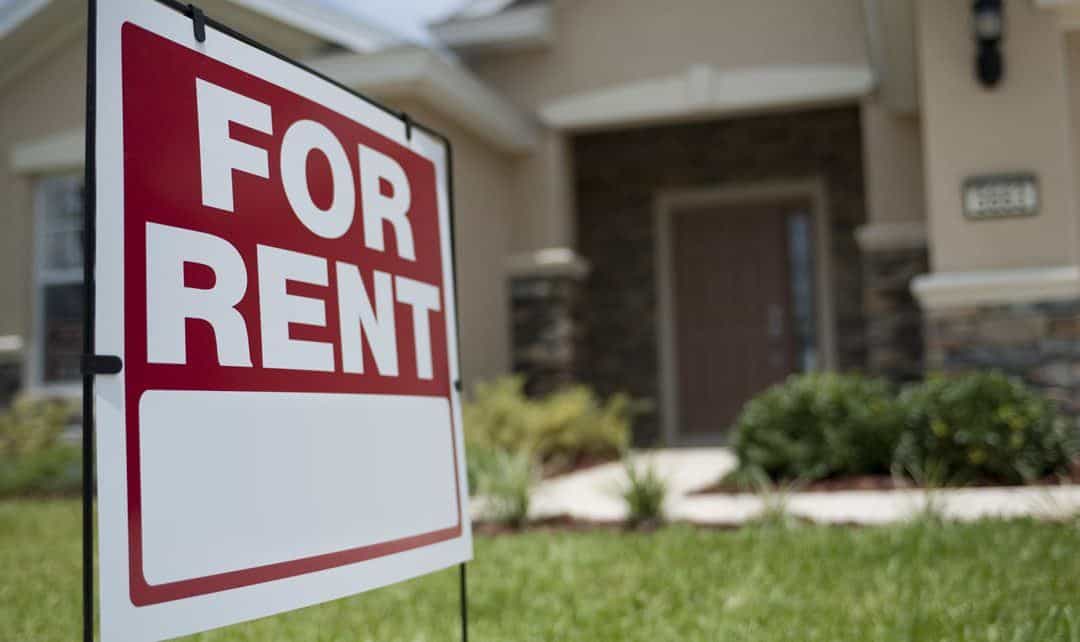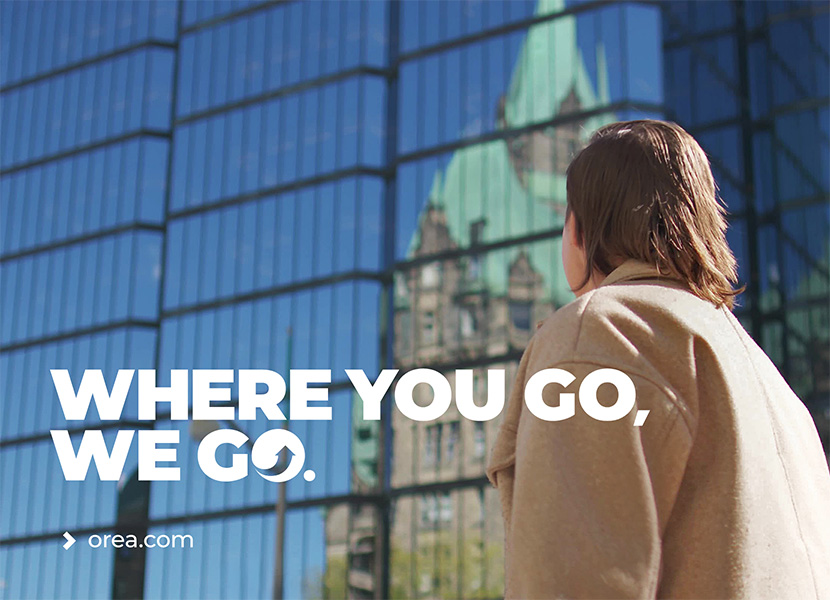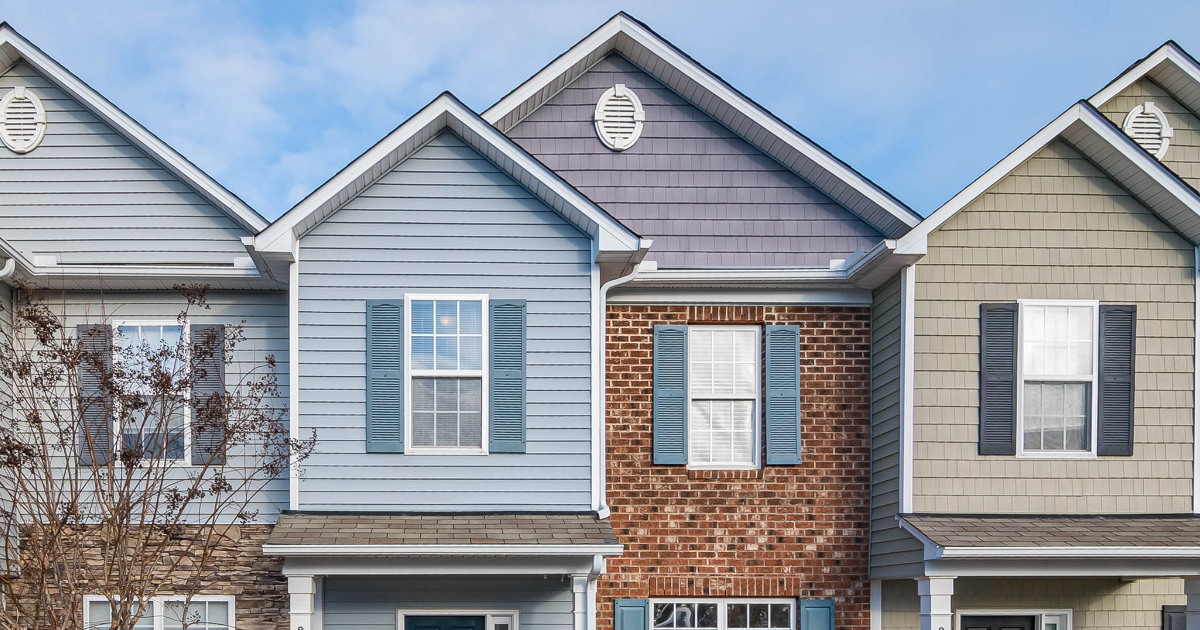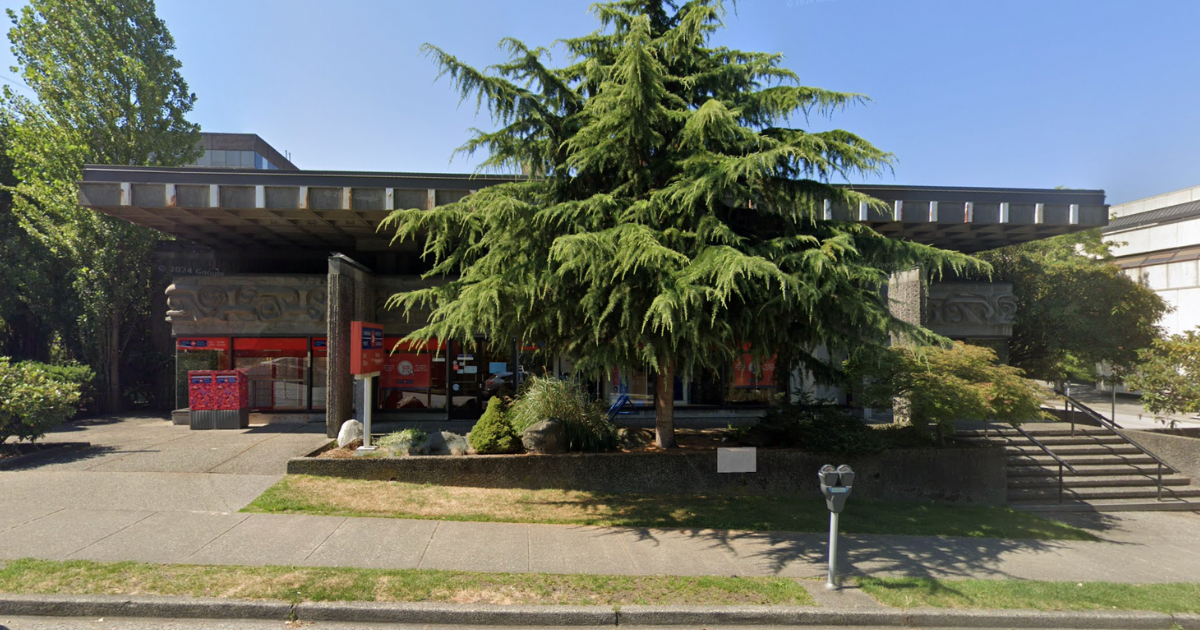The Toronto Real Estate Board (TREB) says implementing a vacant home tax in Toronto would be “premature” and “poses legal and ethical questions about the government’s ability to undermine private property rights.”
The board says, “Not enough empirical data has been collected to support the merits and enforcement tools of such a tax.”
As part of the provincial Fair Housing Plan in April, the province is allowing the city to introduce a vacant homes tax in order to increase the supply of rental housing. City Council asked staff to consult with the public on the matter, which was done over the summer. The matter will now return to City Council this fall.
“At this time, it is not clear that the issues targeted by a vacancy tax are fully understood, nor is it clear how effective such a policy would be, or if it would have unintended outcomes that run counter to the stated City goal of increasing rental supply,” says TREB in a statement.
“The administrative challenges of running this program, including the approach for identifying vacant homes (e.g. a mandatory system, a self-declaration by owners, and/or a complaints-based model) are overwhelming. In addition, a vacancy tax could possibly result in a net loss to the City’s budget when program start-up costs of $5 million and $700,000 net annual revenue are factored into the equation (if we look at the Vancouver statistics).”
Vancouver adopted its Empty Home Tax in 2016.
“There are better and more sensible policy measures to assist in increasing housing supply, and TREB has participated in discussions with policymakers and has taken the initiative to conduct research that has contributed valuable data, and we will continue to do so, including on this issue,” says TREB. “In light of recent policy measures aimed at the housing sector at both the provincial and national levels, it may be time for a pause to assess the impacts of these already announced policy decisions.”
















